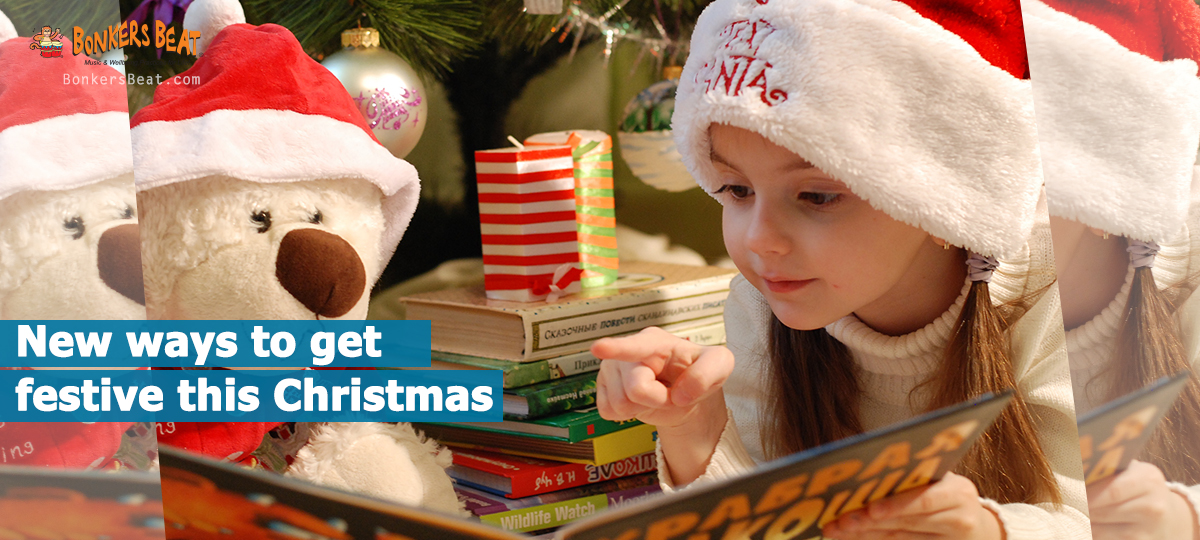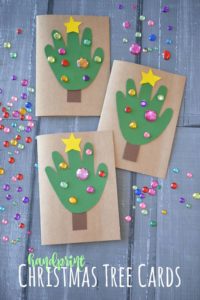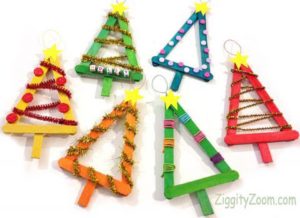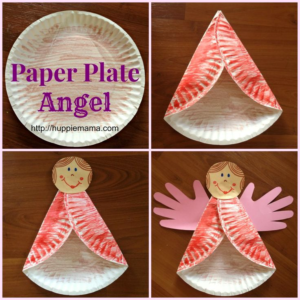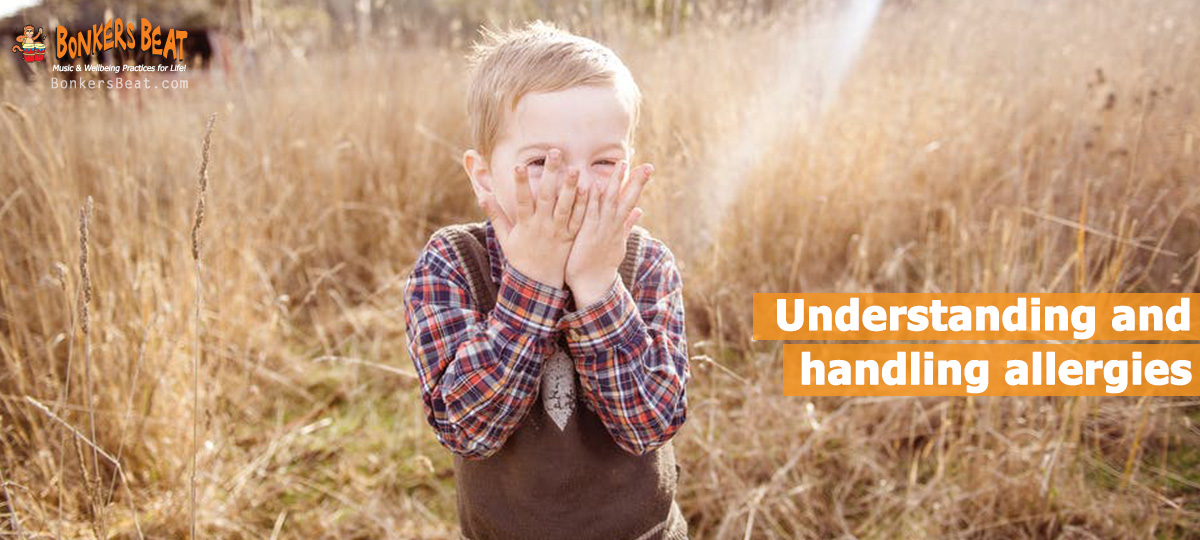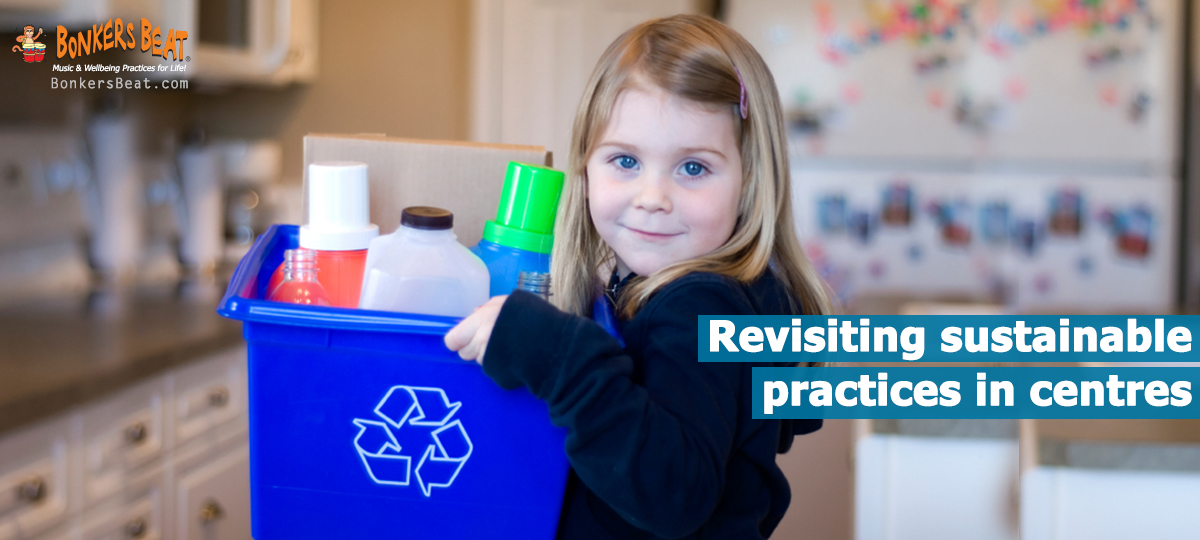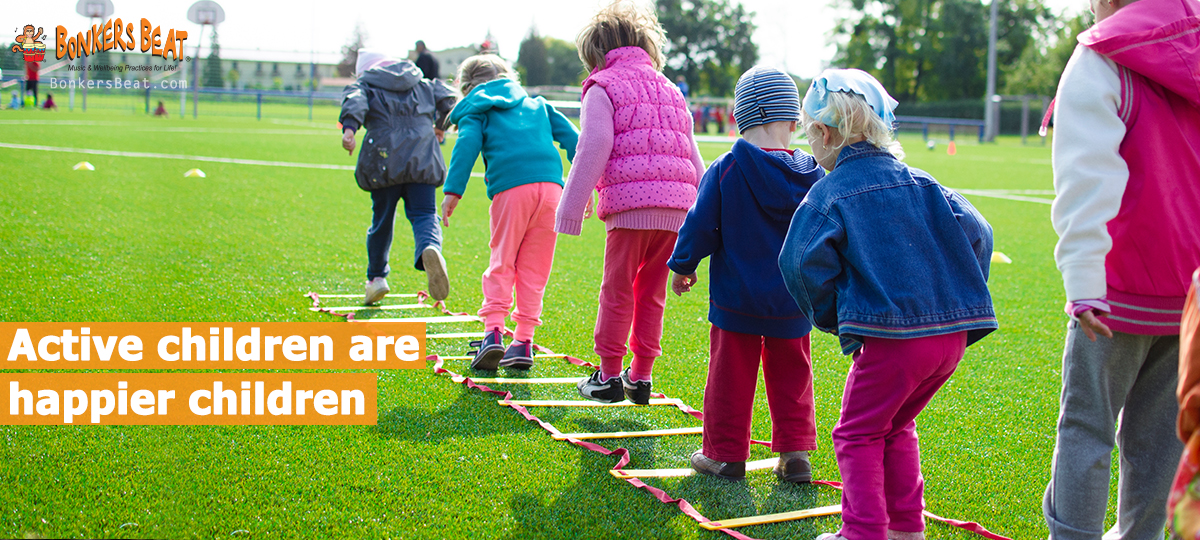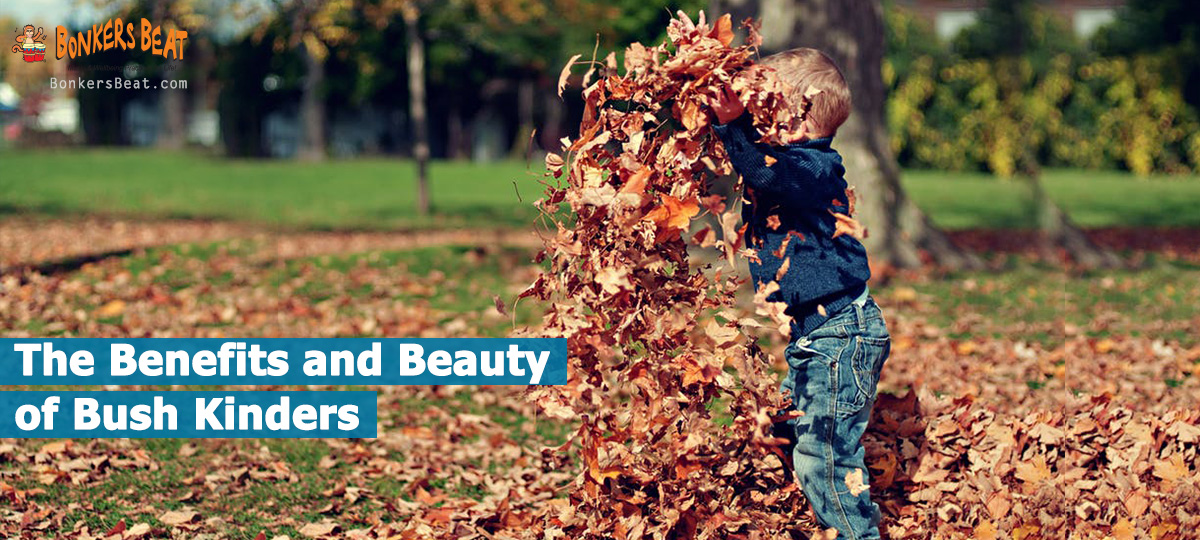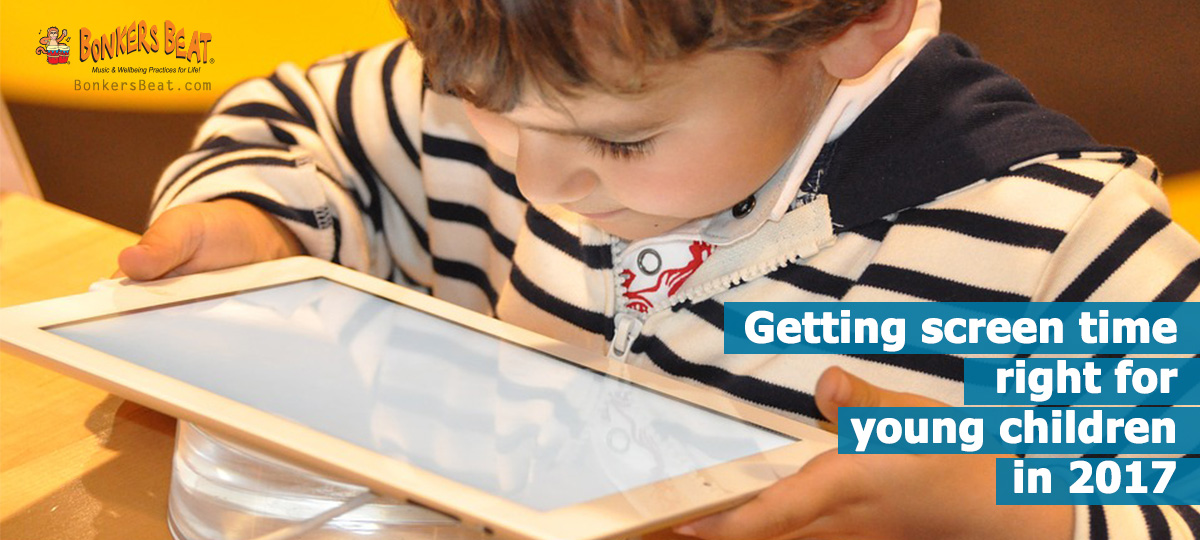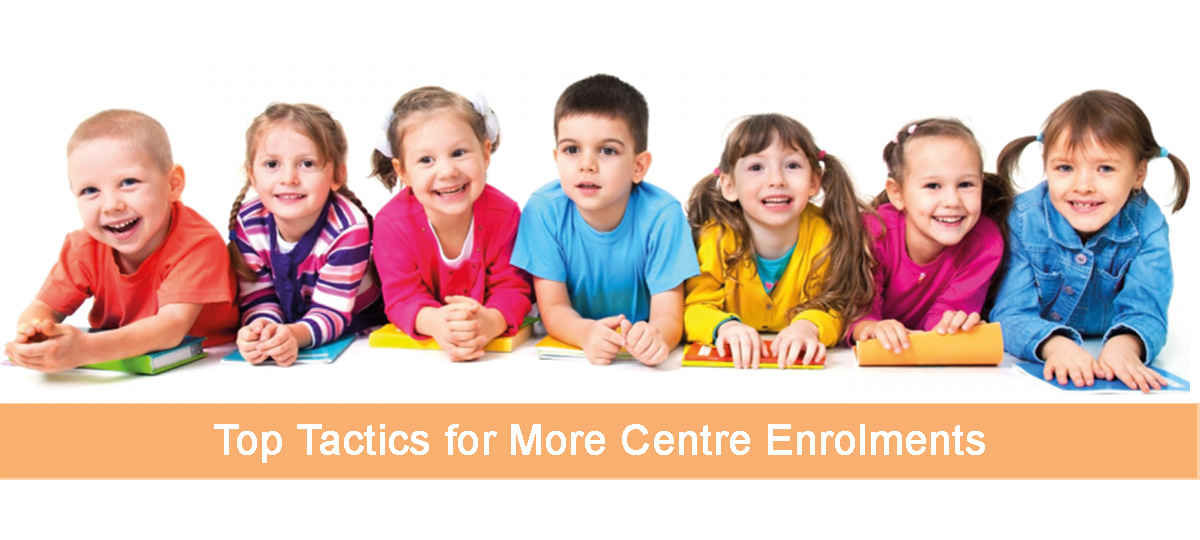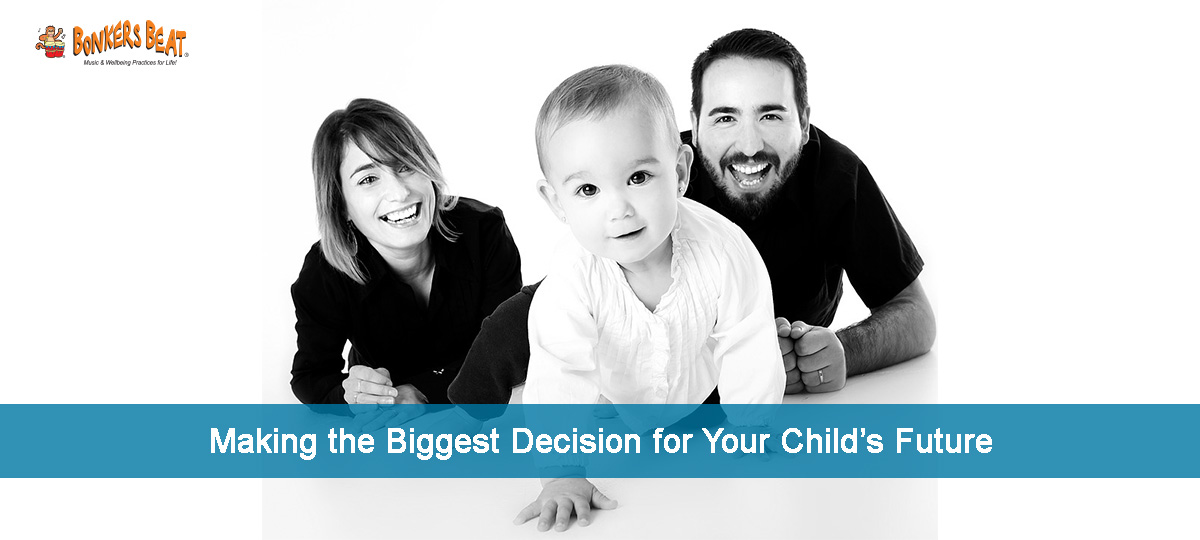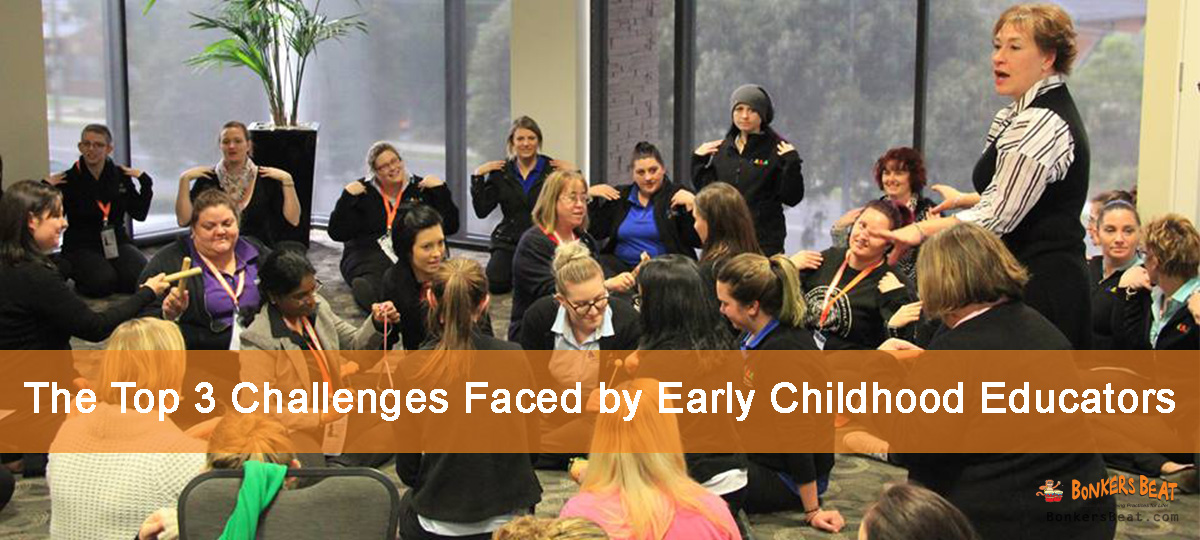As centre owners, directors, managers and educators, we take pride in our centres. So when our beloved childcare and/or kindergarten service isn’t getting as many enrolments as we would hope, it can be disheartening.
Increasing your centre’s occupancy can be challenging. More established centres feel they struggle to compete with brand new centres offering impressive centre design and newer facilities. On the other hand, some new centres are starting from scratch and face the challenge of establishing a good reputation in the community.
Never fear – with many years of experience guiding centres to success, we have compiled some top tactics for you to get more enrolments at your centre.
1. Get your centre out there
Whether you’re an established centre or brand new, there’s a chance that you’re experiencing lower than desired occupancy rates simply because you’re not putting your centre out there for the public.
You don’t have to spend thousands on marketing to get noticed. Try hosting an Open Day – simply open your centre on a Saturday or Sunday and let families explore it for themselves. A sausage sizzle or craft for children can attract more people.
Facebook is full of opportunities to help familiarise your community with your centre. You can post in community groups and/or create a company page for your centre. Investing as little as $10 on Facebook ads can help spread the word about your centre to a selected demographic.
2. Motivate your team
One of my favourite acronyms: TEAM: Together Everyone Achieves More. When your educators work together and are a united team, you will have the best chance of success.
Centres old and new struggle to find passionate, committed staff. Regular professional development can help motivate your team – take a look at the staff development curriculum day at Bonkers Beat Music Kinder we arranged this week to get inspired. We did lots of bonding and brainstorming.
Try brainstorming with your educators about how you can increase occupancy. If families are leaving after one year, discuss why you think that might be and what you could be doing differently.
3. Enhance your point of difference
What makes your centre special? What do you do differently? Find your point of difference and make it stand out.
Centres who have our Bonkers Beat Music Program embedded are given plenty of resources and guidance. This includes how to highlight their centre’s unique, powerful and effective approach to early childhood education. Parents love to learn about the incredible results and with their enhanced knowledge, they are more inclined to rave to others and spread the word for you!
We’ve even seen centres that run the Bonkers Beat program covered in the local papers across various states because of the exceptional outcomes for children in the community.
If you can identify what makes you different to the other centres in the area, you have a better chance of attracting families who will be committed to your centre. The idea is that these families’ values and goals for their children will align with your centre’s outcomes.
SPECIAL OFFER EXTENDED!
To help you with improving your centre occupancy and get 2017 off to a fantastic start for you, we have extended our Bonkers Beat special offer.
Join the Bonkers Beat Music Program before Monday 6 February , you’ll get your first month membership FREE.
Learn more and sign up here.
Our award-winning program is simple to embed into your existing curriculum and will:
- Stimulate Children’s Brain Development
- Increase occupancy at your centre
- Attract, Motivate and Retain Quality Educators
- Increase Your Centre’s NQS Ratings
- Enhance Family Engagement
- Make Educators’ Programming and Documentation Easier
- Give Your Centre a Key Point of Difference
Best of luck with improving your centre’s occupancy – we know that with a few tweaks and some dedication, you’ll have more enrolments in no time!


